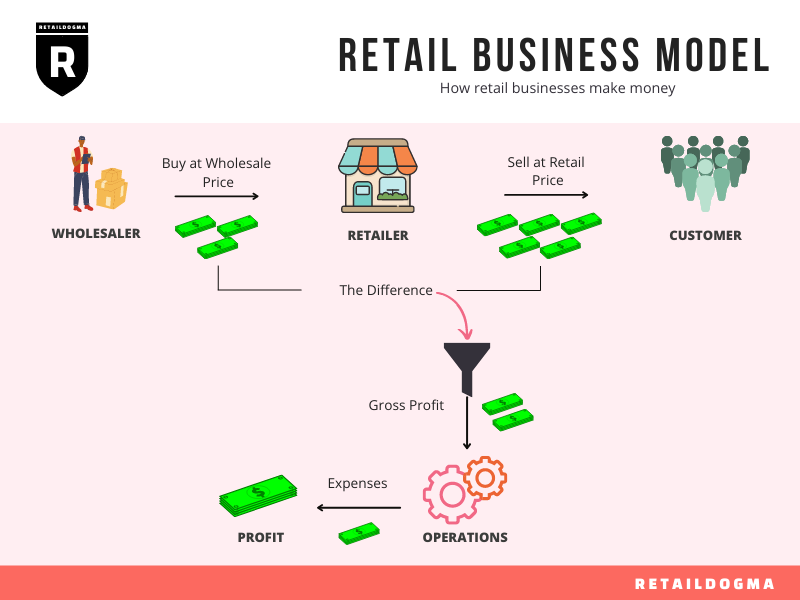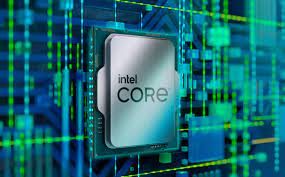Technology has revolutionized how retail store audit processes are carried out. In this blog, you’ll learn about the role of technology in retail audits and their types.
Introduction
The retail store audit is a vital part of the retail industry, helping to ensure that stores comply with regulations and meet performance goals. Retailers need to keep their stores up-to-date and running efficiently, and technology can significantly optimize the retail store audit process. In this blog, we will explore the role of technology in optimizing the retail store audit process and its associated benefits.
Traditional Store Audits
The traditional stores’ audit process is labor-intensive and costly, involving a team of auditors visiting stores to check compliance and performance. This process is time-consuming and can be difficult to manage, especially if the store is spread out over multiple locations. Additionally, store auditors typically use paper-based forms to record their findings, which can be difficult to store and analyze.
Self-Assessment of Store
Self-assessment of store compliance and performance is another method retailers use to keep their stores compliant and up to date. This type of audit involves store staff completing an assessment of their store on a regular basis to ensure that it is operating according to regulations. However, self-assessment can be difficult to manage, as it relies on store staff to accurately complete the assessment, and it can be difficult to track over time.
Role of Technology in Retail Audit
Technology is increasingly being used in auditing processes, as it helps to automate many of the manual steps associated with auditing. Technology can help identify potential risk areas and analyze data more quickly and accurately. It can also help to speed up the process of gathering and verifying data and to provide an audit trail of all steps taken during the audit.
Technology can also help to detect fraud and errors and provide a more detailed picture of the financial health of a business. It can also make sharing information between auditors and other stakeholders easier, making the process more transparent and efficient. Ultimately, technology helps to improve the accuracy and efficiency of the audit process, allowing auditors to focus on more complex and important activities.
Benefits of Audit Technology
Audit technology can provide organizations with numerous advantages, including improved accuracy, reduced costs, increased efficiency, enhanced visibility, improved compliance, and increased security.
1. Improved Accuracy: Retail audit technology offers efficient, accurate, and timely completion of audit processes. It helps reduce time-consuming manual processes and minimizes errors, thereby improving accuracy.
2. Reduced Costs: Automated audit processes save time and costs. By eliminating manual processes and relying on technology to make audit processes more efficient, organizations can reduce labor costs, travel costs, and other associated costs.
3. Increased Efficiency: Audit technology provides a secure, centralized platform to store and access data, which helps to streamline audit processes and make them more efficient. It also simplifies the process of data analysis and reporting.
4. Enhanced Visibility: Retail audit technology effectively monitors and tracks audit processes in real time. It allows organizations to gain complete visibility into their audit process and identify potential issues quickly and easily.
5. Improved Compliance: Audit technology helps organizations comply more effectively with regulatory requirements and industry standards. It also helps reduce the risk of non-compliance and the associated financial penalties.
6. Increased Security: Audit technology enhances security by reducing the risk of data theft, unauthorized access, and fraud. It also helps organizations protect confidential information and maintain the security of their networks.
Conclusion
The retail store audit process is a vital part of the retail industry, helping to ensure that stores comply with regulations and meet performance goals. Technology can majorly optimize the retail store audit process, from data collection to reporting. Audit technology can provide a range of benefits to retailers, from saving time and reducing labor costs to ensuring compliance and providing real-time insights into store performance.
Apart from this, if you are interested to know more about Right Web Design Company then visit our Digital Revolution category







